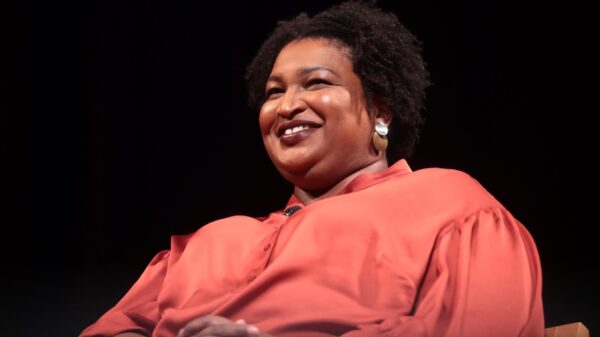By Chiamaka Ikpeze
Editor’s Note: Chiamaka Ikpeze is a Howard University alumna (c/o ’16) who received a B.A. in Sociology.
What is the price of popularity at Howard University?
What do we lose in pursuit of Greek organizations, high political positions, social clout and prominence? From the moment we step onto campus there are substantial efforts to get us to join organizations in order to belong to the Howard community and to stand out. Some people get overwhelmed and sold into these social pressures more than others but in our freshmen week alone, one of the most crucial socialization agents of the Howard experience, three fundamental truths are taught.
First, there is a social order at Howard. In other words, there is a social hierarchy in which a few people are at the top consequently making their presence relevant and prominent, and implicitly making all others unworthy of the same time and attention. Second, to be a successful member of this social hierarchy we must obtain certain titles, belong to certain organizations and be a member of certain networks. Third and last, to obtain these very crucial titles and social groups we must go through the same routes, obtain the same aesthetics, walk through the same stepping stone organizations, and engage in the same networks as our predecessors.
However, by accepting the social order we accept the concept that some people matter while others don’t, and seeing that most people do not want to be perceived as irrelevant and treated likewise, most strive to matter. Then, to strive to matter there are norms we are encouraged or forced to conform to. However, by seeking something we are speaking the absence of that thing into our lives. So, we must be aware of what we seek. Seeking power and seeking a title are not synonymous. We can have power without a title but by seeking power via titles we are telling ourselves that we are powerless without. Without this distinction and firm knowledge of self, our title will define our understanding of our internal power and limits.
By seeking acceptance through these sources we are telling ourselves that we do not naturally belong without. All together if we must conform to be enough for Howard and our dreams then we are telling ourselves that without conformity we are not enough. If no one has clearly outlined these following sentiments, let me do so now: Your worth is not equal to the organizations you are a part of. Your worth is not equal to the perception of the amount of power you hold. Your worth is not equal to how popular you are perceived to be. Your worth is not equal to how wanted, attractive or well dressed you are.Your worth is not the perception of your worth. Your worth is defined by your definition and your ability to defend that. Consequently the price of popularity at Howard is the power to self define your worth and assert that definition.
Before I finish, let me be clear about some things. I am not arguing against the strategic use of organizations, spaces and platforms to discuss or engage in things we care about. This is different from having our worth intricately tied to our ability to successfully join those organizations or successfully gain the status we sought through those means. I am not proposing an objective truth to an objective reality of what occurs within every student at Howard. I am simply expressing my subjective truth and perspective that I believe applies to many but is rarely discussed. I am fully aware of the possibility and reality that not everyone pays the same price or pays any of the aforementioned price for status and popularity at Howard. Also, I’m aware that not everyone cares and is as engaged with obtaining this popularity and that other definitions of popularity exist. However, I did strategically address the most dominant, understood and accepted forms of popularity for a reason.
My intention is to start a substantial conversation that sparks unprecedented communal self consciousness of why we do what we do in our Howard experience and the price we pay for those things.







